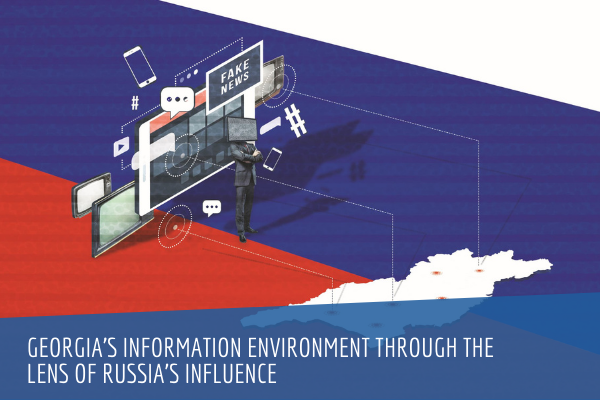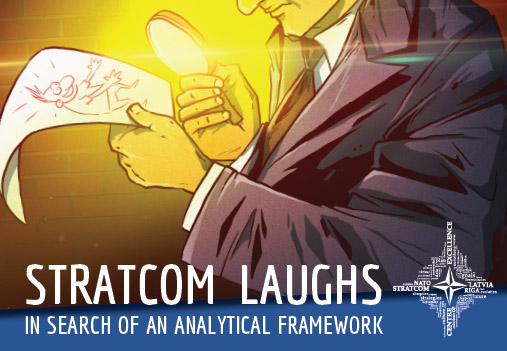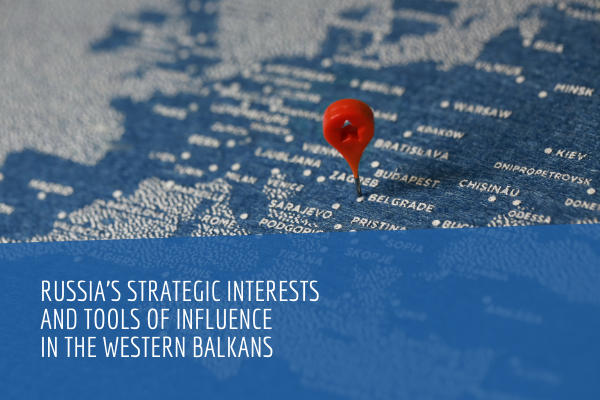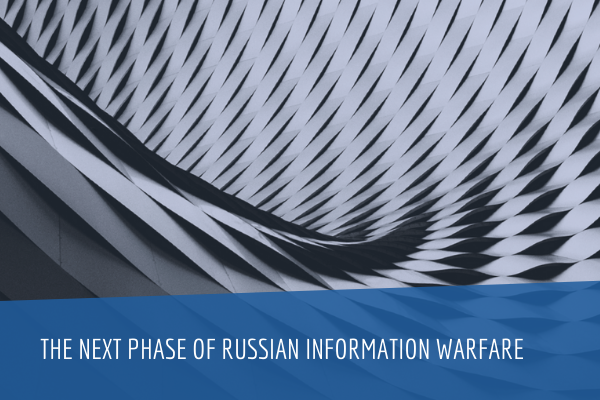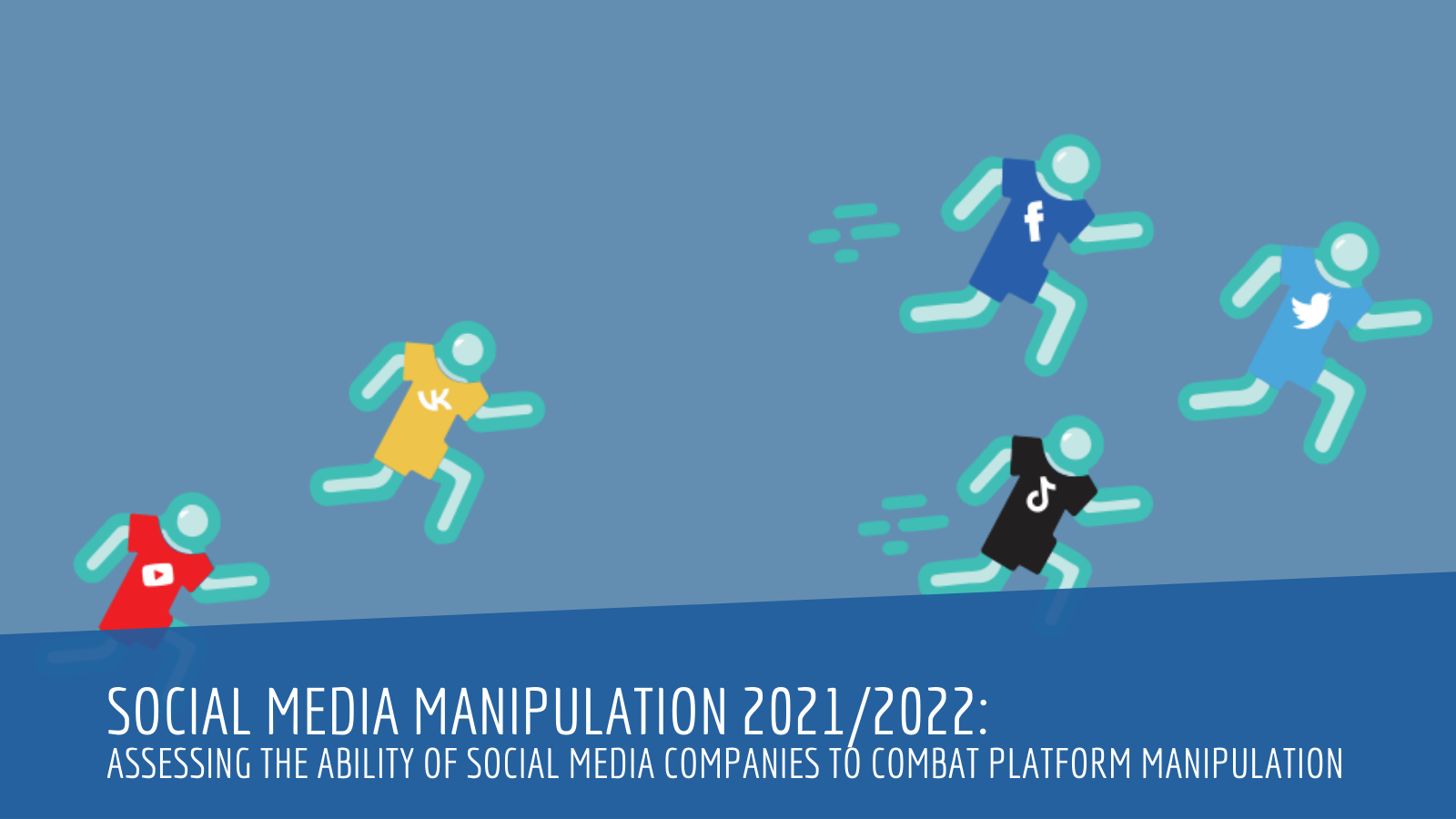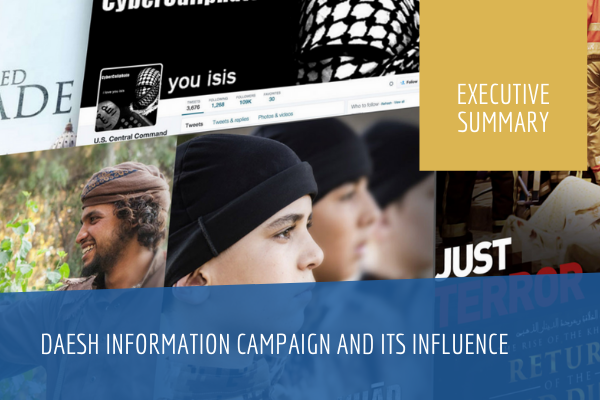The executive summary provides a brief overview of the key ideas discussed in the publication. It also highlights questions for further discussion.
Since the dissolution of the USSR, one of Russia’s main objectives has been to keep former Soviet republics under its informational, economic, and military influence. In the case of Georgia, its persistent westward outlook has triggered openly hostile rhetoric and action from Russia. In August 2008, Russia demonstrated its readiness to take military action to obstruct Georgia’s NATO integration and assert its dominance in the region. This, however, has only strengthened Georgia’s desire to pull away from Russian influence and integrate more closely with the European Union and NATO. In fact, Georgia plans to formally apply for EU membership in 2024.
Georgia’s geopolitical setting is not one to be envied. Aside from NATO member Turkey, Georgia does not have Western-integrated allies in the region. It also cannot escape the economic and military influence of its larger neighbour. Russia and the Commonwealth of Independent States are Georgia’s main trade partners. Twenty per cent of Georgia’s territory has been occupied since the 2008 war, and creeping occupation, including regular kidnappings along the administrative borderline, continues. Apart from other factors, such as growing Chinese influence in Georgia, which are beyond the scope of this publication, Russia remains the main threat to Georgia’s stability and development.
In terms of Georgia’s information environment, the Kremlin tries to exploit the following vulnerabilities: Georgia’s fragile economic situation, painful social issues, high political polarisation, media-party parallelism, conservativism and traditionalism, as well as certain Euro-Atlantic integration fatigue, where Georgians wish to see more progress. In addition, the occupied territories of Abkhazia and Tskhinvali/South Ossetia, as well as conflicts elsewhere in the region, such as Nagorno-Karabakh, remain additional pressure points.
As this publication demonstrates, openly pro-Kremlin or pro-Russian sentiment is not popular in Georgia. Political actors, who openly have ties to the Kremlin, earn few votes in elections. That is why the Kremlin channels its influence through local NGO and media actors who communicate to the population in Georgian. Rather than promoting openly pro-Kremlin messages, they resort to discrediting Western values and institutions, emphasising the incompatibility of Georgian identity with Western liberal democracy. As one of the authors, Nino Bolkvadze, writes: ‘The fact that the primary motivating factors behind Western integration are related to the economy and security, rather than democratic values, reflects complex features of Georgian identity and its embedded conflicting processes on the path to modernisation’. The Kremlin understands this and tries to take advantage of the ‘dual’ Georgian identity. Pro-Kremlin messaging, as Bolkvadze observes, is often emotional, rather than rational, appealing to fear and attempting to confuse the population about its integration with the democratic West. That goes hand-in-hand with attempts to emphasise historical ties and cultural similarities between the two Orthodox nations of Georgia and Russia. As Ketevan Chachava notes, ‘the Russian Orthodox Church the Russkiy Mir have emerged as important spiritual and intellectual elements of Russia’s soft power’ which is also felt in Georgia. Nana Kalandarishvili, analysing Russia’s strategic interests in Georgia, identifies that ‘religion has increasingly become an instrument for supporting Russia’s global interests, and it has increasingly been used in the Kremlin’s (dis)information campaigns. Russian strategic documents place an emphasis on Russian patriotic, moral, and spiritual values, thus creating support for strengthening the perception of Russia as a “values centre”. [1] The enhanced role placed on the moral and spiritual values in the strategic documents once again stresses the role of religion (especially Orthodox Christianity) in positioning Russia as a centre of gravity’.
The Kremlin has long made anti-Americanism a part of its influence efforts, including in Georgia. In fact, Russia considers the U.S. as a geopolitical competitor and the main force supporting Georgia’s NATO ambition. As Tornike Sharashenidze writes, ‘the role of the U.S. in supporting Georgia’s sovereignty and territorial integrity cannot be overstated’. The Kremlin works hard to undermine this relationship by sowing doubts about American intentions in, and its level of commitment to, Georgia. One such attempt took place during the early days of the COVID-19 pandemic when Russia targeted the so-called Lugar Lab, which was established in Georgia with American support. As Gogita Ghvedashvili describes, ‘Russian authorities have publicly questioned the work of the lab on several occasions, insinuating that it serves as part of U.S.’s biological warfare against Russia’. Conspiracy theories spread via the Kremlinfunded Sputnik news agency were so numerous that its website devoted a whole section to the ‘Lugar Lab Scandal’.
Russian language Kremlin-controlled TV channels’ influence also cannot be underestimated, especially among ethnic minority communities where knowledge of the Georgian language remains poor. [2] As Ketevan Chachava points out, almost half of television viewers in Georgia watch foreign channels, with Kremlin-controlled NTV and ORT being the most popular ones. She also notes that ‘ethnic minority representatives who do not watch Georgian channels could be especially vulnerable. [3] In ethnic minority regions, Russian (26.6%) remains the most popular language of coverage, alongside other foreign languages’ [4]
The Georgian government and civil society are well aware of the Kremlin’s influence attempts and support network in Georgia. But a seemingly insoluble problem remains: how does Georgian society work together to mitigate Russian influence while staying true to its liberal democratic values? When faced with constant threat, it is tempting to give more authority to government bodies and limit certain freedoms. In Georgia, for example, ongoing debates question how much control the government should exercise over the country’s information space. Russia’s hostile actions, in part, would not be possible without today’s largely unregulated online environment, which allows the Kremlin to exploit existing weaknesses for strategic advantage. It is also tempting, in a highly polarised environment, to pursue messaging that supports one’s cause but inadvertently plays to the Kremlin’s interests. In the final chapter, Tinatin Tsomaia and Anna Keshelashvili take these questions and dilemmas head on, and propose a new social contract between government and civil society, supported by a flexible regulatory framework, to promote transparency, accountability, and cooperation. Whether that is possible remains to be seen. As they write, ‘polarisation makes it increasingly challenging for state or non-state actors to implement measures that would mitigate respective vulnerabilities’.
We hope this publication offers interesting insights to Georgians and their allies, and, ultimately, encourages further dialogue on how to strengthen Georgia’s information environment by consolidating its democracy.
ENDNOTES
[1] Decree No. 683 of the President of the Russian Federation: On the National Security Strategy of the Russian Federation’. Office of the President of the Russia Federation, <https://bit.ly/3ABOW2F>; ‘Decree No. 646 of the President of the Russian Federation: Information Security Doctrine of the Russian Federation’, Office of the President of the Russia Federation, <https://bit.ly/3jScb2G>.
[2] ‘‘Study of the Participation of Ethnic Minority Representatives in Political Life’. Institute of Social Studies and Analysis, November 6, 2019, p.42. <https://bit.ly/3aBXyZT> [Accessed: February 11, 2021]
[3] Almost half of all Georgians watch foreign channels. ‘Popularity and Mission of Russian TV Channels in Georgia’. Institute for Development of Freedom of Information, March 30, 2016. <https://bit.ly/3ywsmql> [Accessed: September 3, 2020].
[4] ‘Study of the Participation of Ethnic Minority Representatives in Political Life’. Institute of Social Studies and Analysis, November 6, 2019.
